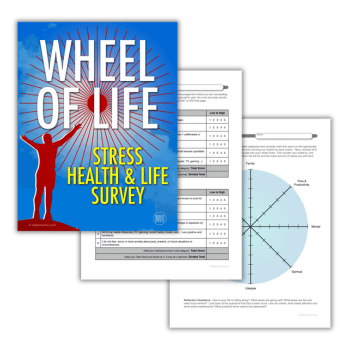Alternative provision – Intervention, not destination

Alessandro Capozzi explains the role that online education can play in building a new model for alternative provision…

In recent dialogue around alternative provision, the concept of it being ‘a bridge back’, a ‘two-way road’ or a short-term intervention has been gaining traction.
Across consultations, thought leadership, policy discussions and day-to-day planning, it’s those qualities now being cited as to what effective alternative provision looks like.
In many cases, this makes sense. We want an education system that improves outcomes for young people and creates a sense of belonging.
This in part depends on providing alternatives that as many young people as necessary can access, while ensuring they’re able to remain connected to their communities.
A system that keeps young people using those alternatives for extended periods, however, or which denies access to students with more immediate needs, has a problem.
Capacity and innovation
For some young people, it may be that a longer-term placement is what they actually need. Yet for many, the ‘it’s an intervention, not a destination’ principle is a more laudable aim. It’s a more reliable way of ensuring that we prioritise their best interests and future aspirations.
People are doing some intriguing work into what a reformed alternative provision system might involve. This includes IntegratED’s Alternative Provision Quality Toolkit and growing recognition that alternative provision can offer some ready solutions.
If we’re to realise a new norm of inclusive, yet affordable ‘intervention’, then the system needs more innovation now. However, this will be challenging to deliver without significant investment in training and capacity for schools.
Digital technologies can play a major role in delivering this capacity. They make now the ideal time to consider how online learning could be integrated strategically across the wider alternative provision system.
Indeed, work on this is already underway. Scores of LAs now include online alternative provision that meets the quality assurance of their AP frameworks and directories.
The sector also now has a DfE-operated ‘Online Education Accreditation Scheme’. This is quality assured by Ofsted to ensure best practice and high standards in online teaching.
Plugging the gaps
The role of remote education is becoming more widely recognised for several reasons. Chief amongst these is quality. The best providers offer live, adaptive teaching which builds relationships and ensures that students – some of whom may have been disconnected from learning – are once again engaging via inclusive online tools.
Trending
Live online teaching can plug gaps quickly. Teachers can wield an array of tools for modelling, scaffolding and assessment purposes, and give personalised, actionable feedback. The impact of this can be profound.
Another key advantage is that remote education is flexible, enabling it to fit around students’ existing placements or wider needs.
At Academy21, we enable students to access live lessons at multiple points during the day. More importantly, this flexibility generates capacity.
Our timeframes between induction and participation in live taught classes can span days, rather than weeks or months, as is so often the case with alternative provision. This is something that’s vital if early interventions are needed to address issues quickly.
Then there’s the portability. Online teaching needn’t require a dedicated location. Many Academy21 students will join lessons from their ‘home school’ site, or somewhere else within their community.
Whether learning at home while recovering from illness, or while regaining confidence for anxiety-related reasons, online learning can serve as a constant that provides them with a sense of stability and agency, as they choose their preferred timings and the arrangements that work best for them.
Finally, there are the added capabilities of technology-assisted school supervision. Through our remote education, we can ensure schools have all the monitoring information they need to check on their young people, complete with bespoke dashboards, lesson-by-lesson insights into every student and full access to the resources they’re using.
This level of detail lets schools really understand how students are doing, adapt where needed and above all, recognise their success – all of which will form the foundations of successful reintegration.
Alessandro Capozzi is executive headteacher at Academy21.











